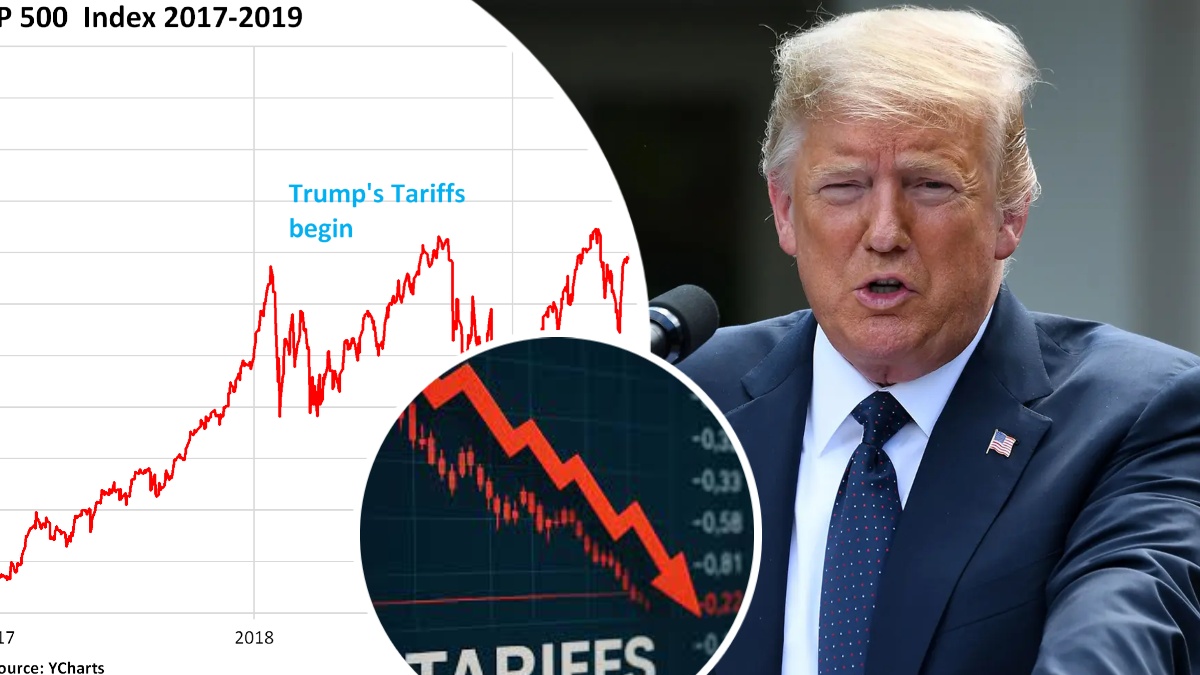Stock markets suffered steep losses for a second consecutive day Friday following President Donald Trump’s sweeping tariff announcement. The Dow Jones Industrial Average plummeted 1,000 points at opening, reflecting growing investor anxiety over escalating trade tensions after China imposed retaliatory 34% tariffs on U.S. goods. The market turmoil extended globally, with European stocks dropping over 4% and the NASDAQ on track to close 20% below its recent peak—potentially entering bear market territory.
The dramatic sell-off comes after Thursday’s historic Wall Street rout that saw some of the worst single-day declines in recent memory. The NASDAQ recorded its largest ever point drop, while the S&P 500 experienced its steepest fall since the March 2020 pandemic crash.
Trump’s Wednesday announcement imposed 10% baseline tariffs on most nations—excluding Russia—with 60 targeted countries including China, Vietnam and Japan facing substantially higher reciprocal tariffs. Federal Reserve Chair Jerome Powell warned the measures could “raise inflation and slow economic growth,” though he maintained the underlying economy remains “solid.” Financial institutions like JPMorgan have nearly doubled their recession probability estimates for 2025, now seeing a 60% chance of global economic contraction.
As markets continue to reel, Trump offered an unusual medical analogy to defend the policy during Friday’s volatility, stating “I like when a patient gets operated on and it’s a big thing.” Secretary of State Marco Rubio echoed support from Brussels, claiming markets would eventually adapt to “new rules” despite current turbulence.
The escalating trade tensions have raised fresh concerns about the stability of the post-pandemic economic recovery, with analysts warning the new protectionist measures may prolong market instability in coming weeks. The consecutive days of heavy losses underscore how quickly trade policy shifts can reverberate through global financial systems, leaving investors scrambling to assess long-term impacts.
